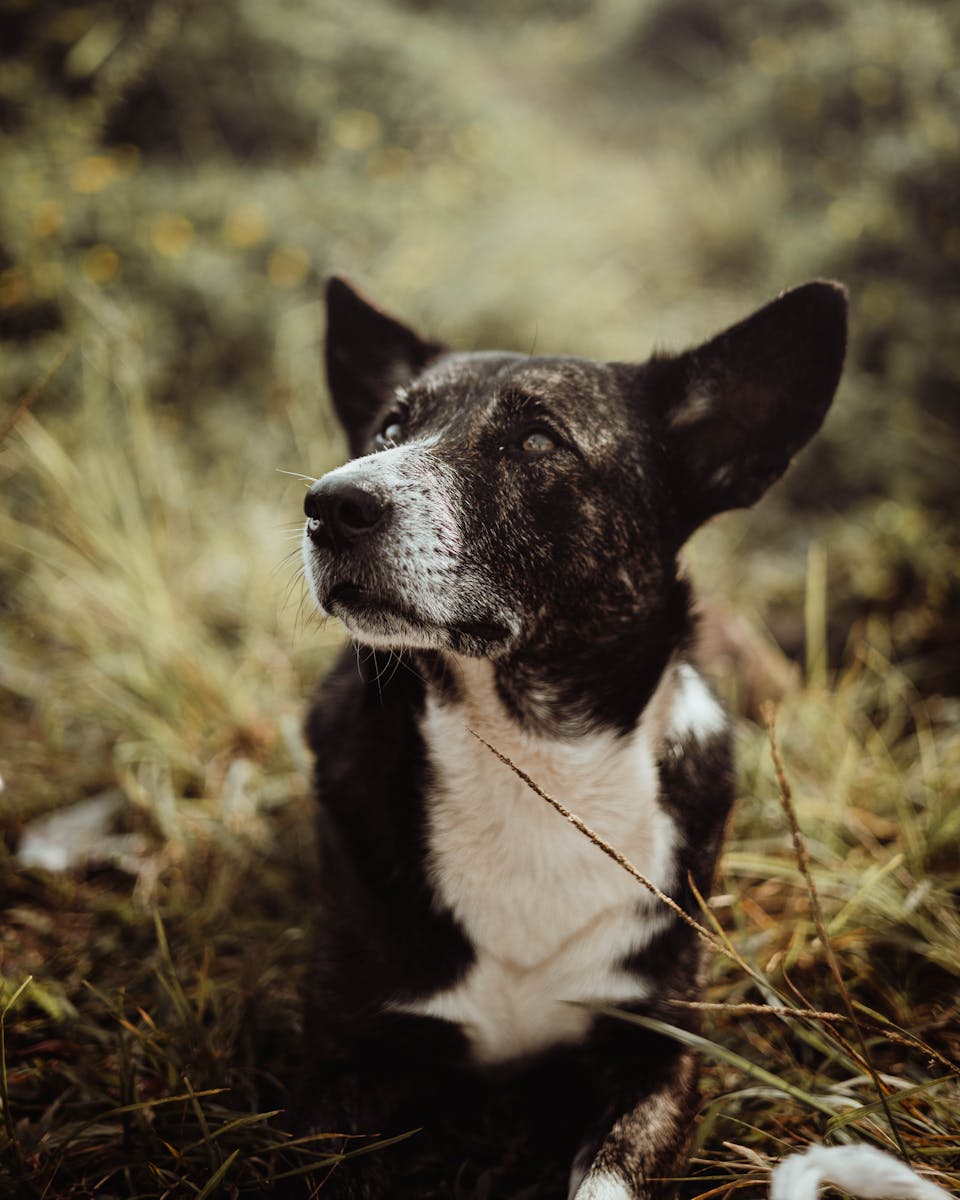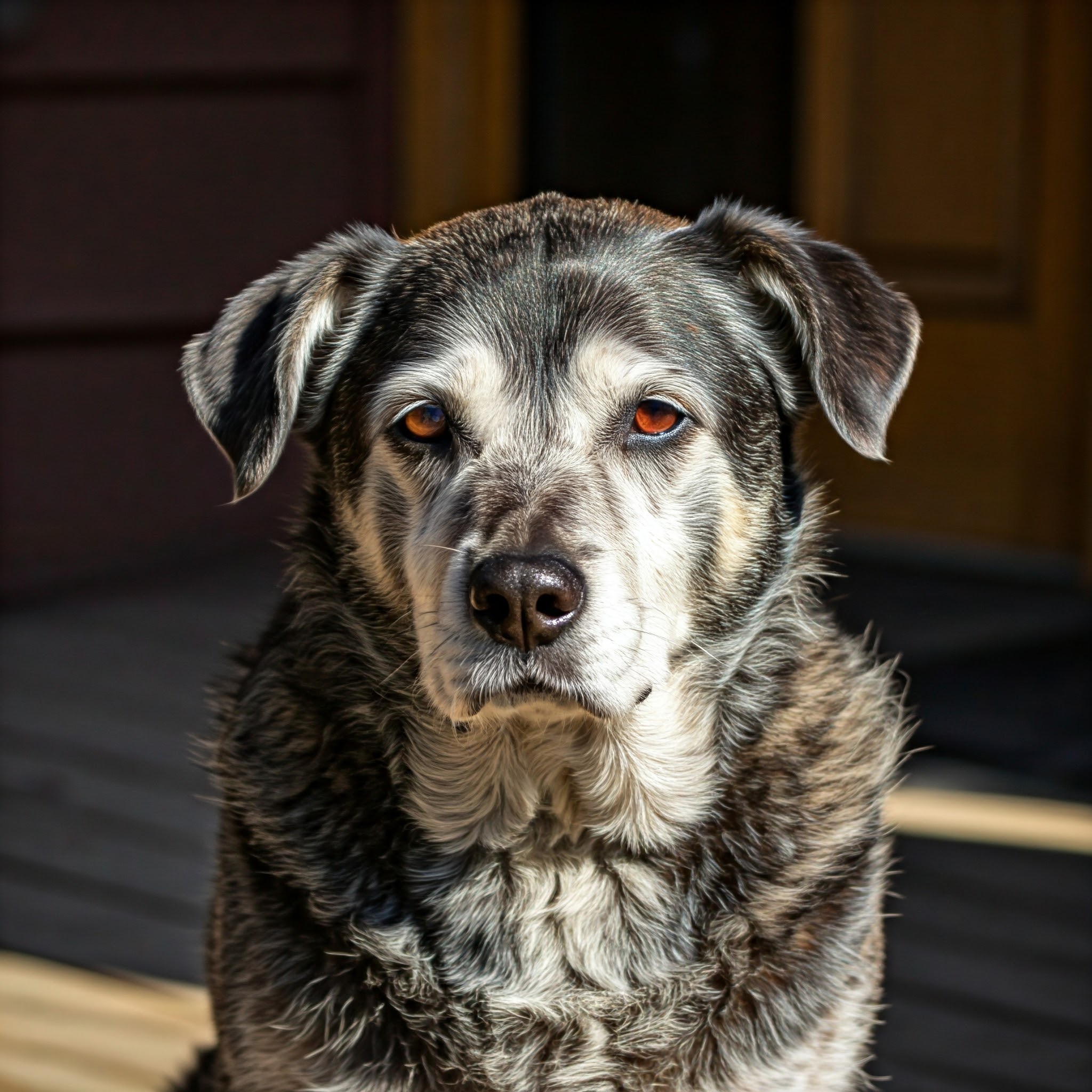
Understanding the Aging Process in Dogs
Just like humans, dogs experience physical and behavioral changes as they age. Smaller breeds tend to live longer and may not show signs of aging until they are 10 or older, while larger breeds often age more quickly. Common signs of aging in dogs include:
- Reduced energy levels and mobility
- Graying fur, especially around the muzzle
- Weight gain or loss
- Changes in appetite or thirst
- Increased sleep or restlessness
- Behavioral changes, such as anxiety or confusion
Recognizing these signs early can help you address potential health issues and improve your dog’s quality of life.
Common Health Issues in Senior Dogs
As dogs age, they become more susceptible to certain health conditions. Some of the most common issues include:
- Arthritis and Joint Pain: Stiffness and difficulty moving are often signs of arthritis, which affects many older dogs. Providing joint supplements, soft bedding, and gentle exercise can help alleviate discomfort.
- Dental Problems: Dental disease is prevalent in senior dogs and can lead to pain, infections, and other health issues. Regular dental check-ups and cleanings are essential.
- Vision and Hearing Loss: Many aging dogs experience diminished eyesight or hearing. Adapting your home environment, such as using ramps or avoiding sudden movements, can help them navigate safely.
- Cognitive Decline: Canine cognitive dysfunction (CCD), similar to dementia in humans, can cause confusion, disorientation, and changes in behavior. Mental stimulation and a consistent routine can help manage symptoms.
- Chronic Conditions: Older dogs are more prone to conditions like diabetes, kidney disease, and heart problems. Regular vet visits and bloodwork can help detect and manage these issues early.
Tips for Caring for Senior Dogs
Providing the best care for your aging dog involves a combination of proper nutrition, exercise, and regular veterinary care. Here are some tips to help your senior dog thrive:
- Adjust Their Diet: Senior dogs often require fewer calories but more high-quality protein and nutrients. Look for dog food specifically formulated for older dogs, and consult your vet for dietary recommendations.
- Maintain a Healthy Weight: Obesity can exacerbate joint problems and other health issues. Monitor your dog’s weight and adjust their diet and exercise routine as needed.
- Regular Exercise: While senior dogs may not have the same energy levels as they once did, gentle exercise like short walks or swimming can help maintain muscle mass and joint flexibility.
- Comfortable Living Environment: Provide soft bedding, ramps, and easy access to food and water to make your dog’s daily life more comfortable.
- Mental Stimulation: Keep your dog’s mind active with puzzle toys, training exercises, and interactive games to slow cognitive decline.
- Frequent Vet Check-ups: Senior dogs should visit the vet at least twice a year for routine exams, bloodwork, and screenings to catch potential health issues early.
The Emotional Side of Senior Dog Care
Caring for an aging dog can be emotionally challenging for pet owners. Watching a beloved companion slow down or struggle with health issues can be heartbreaking. However, focusing on their comfort and happiness can make a significant difference. Many senior dogs continue to enjoy life with proper care and love, and their loyalty and companionship remain as strong as ever.
Adopting a senior dog is also a rewarding experience. Older dogs in shelters often have a harder time finding homes, but they can bring immense joy and gratitude to their new families. Organizations like Senior Dogs Project and Gray Muzzle Organization work to support senior dog adoption and provide resources for their care.
Conclusion
Aging dogs are a cherished part of countless families across the U.S. By understanding their unique needs and providing them with the care they deserve, you can ensure your senior dog enjoys a happy, healthy, and comfortable life. Whether you’re a long-time pet owner or considering adopting an older dog, remember that the golden years can be some of the most rewarding for both you and your furry friend.
By prioritizing their health, comfort, and emotional well-being, you can make every moment count with your aging companion. After all, senior dogs have given us a lifetime of love—it’s only fair we return the favor.


